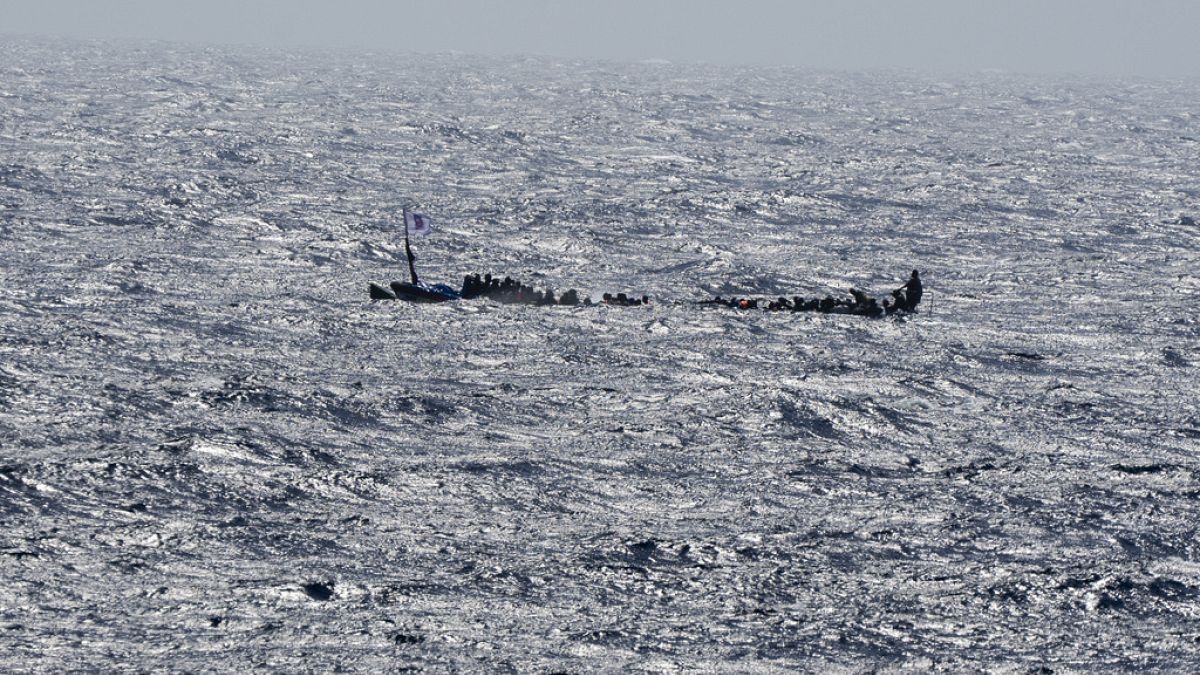At least eight people have drowned and more are missing after a boat carrying illegal migrants capsized while attempting to cross the Drina river from Serbia to Bosnia-Herzegovina. Serbia’s Interior Minister, Ivica Dacic, said police had received a call early Thursday morning from their counterparts in Bosnia and a citizen who had reported the accident. Unofficial estimates put the number of people on the boat when it overturned at 30, of which 18 managed to reach the shore in Bosnia. Sixteen of them are believed to be Syrian, while the other two are from Egypt. The boat was reportedly carrying 10 minors at the time it capsized. Civil defence rescue teams, Bosnian and Serbian border police, divers, and firefighters have been deployed along the forested river banks in search for survivors.
Each year, thousands of migrants use the so-called Balkan land route in a bid to reach the European Union. They come to Serbia from Bulgaria or North Macedonia before moving on to Hungary, Croatia, or Bosnia. To reach wealthy European countries, people fleeing wars and poverty often turn to smugglers to take them across borders without authorization. The route is dangerous, with many migrants facing perilous journeys and sometimes tragic endings such as the recent boat capsizing on the Drina river. The harsh conditions and lack of legal options force migrants to take dangerous risks to reach their desired destinations, seeking refuge and a better life in Europe.
The tragic incident highlights the dangers faced by migrants seeking to reach Europe and the lengths they are willing to go to escape conflict and poverty in their home countries. The use of smugglers and illegal routes is a common practice among those seeking to enter the European Union without proper documentation. The lack of legal avenues for migration pushes individuals into the arms of criminals who exploit their desperation for profit, leading to risky and sometimes deadly journeys across borders. Governments and international organizations need to address the root causes of migration and provide safe and legal pathways for individuals seeking refuge and opportunity in Europe.
The response to the boat capsizing on the Drina river is a reminder of the importance of cooperation between countries in managing migration flows and preventing such tragedies from occurring in the future. In this case, Bosnian and Serbian authorities have come together to search for survivors and recover the bodies of those who lost their lives in the accident. The deployment of civil defence rescue teams, border police, divers, and firefighters demonstrates the commitment of both countries to address the humanitarian crisis unfolding on their shared border. Such joint efforts are essential in protecting the lives of migrants and preventing further loss of life in dangerous migration routes.
While the focus is often on the immediate aftermath of incidents like the boat capsizing on the Drina river, it is crucial to address the underlying causes of irregular migration and provide sustainable solutions to ensure the safety and well-being of migrants. This includes addressing the root causes of displacement, such as conflict, poverty, and persecution, as well as enhancing legal pathways for migration to reduce the reliance on smugglers and dangerous routes. By working together at the national and international level, governments can create a more humane and effective approach to managing migration and protecting the rights of all individuals on the move.
The tragic event serves as a stark reminder of the urgent need for a comprehensive approach to migration management that prioritizes the safety and dignity of migrants while addressing the complex challenges that drive people to undertake dangerous journeys in search of a better life. As countries continue to grapple with the ongoing refugee and migration crisis, it is crucial that governments, civil society organizations, and international partners work together to develop sustainable solutions that uphold the rights of migrants and ensure their protection in line with international law and human rights standards. Only by addressing the root causes of migration and promoting safe and legal pathways for those in need can we prevent further tragedies like the recent boat capsizing on the Drina river and create a more just and compassionate global response to forced displacement.










